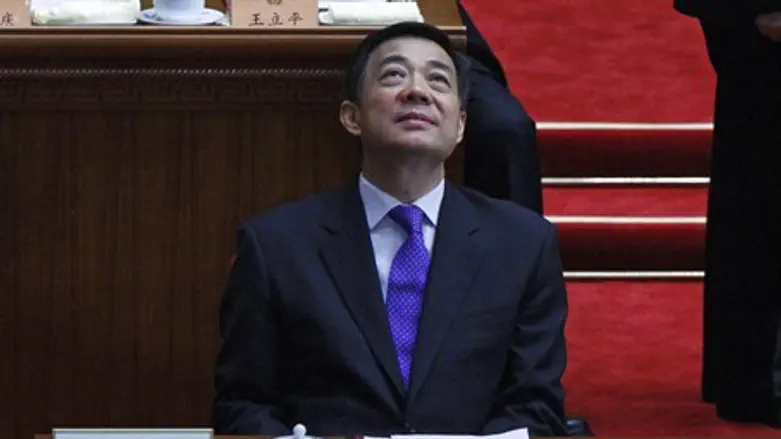
Bo Xilai, boss of the city of Chongqing, lost his power base without being reassigned to a new position or making it to the Standing Committee of the Chinese Communist Party, the Chinese equivalent of the former Soviet Politburo.
The immediate pretext was a curious affair surrounding his chief of police, Vice Mayor Wang Lijun, whom Bo had lured to Chongqing to lead his highly publicized crime-busting campaign. Police Chief Wang went into the U.S. consulate in nearby Chengdu until he was coaxed out, and is now under investigation.
Bo is a princeling, the son of a former Communist Vice Premier Bo Jibo, who made his mark in Chongqing by combining populism with authoritarianism. He portrayed himself as a can-do person in who cut through bureaucracy in guiding the spectacular rise of Chongqing. The city had served as Chiang Kai-shek's wartime capital during World War II because of its inaccessibility to the Japanese army.
Now a hub of industry, Chongqing has a population of 30 million and prides itself as the Chicago of China.
Bo's self-promotion helped make him the People's Daily "Man of the year" in an Internet poll. It also inspired a paean to him from presumably an ordinary worker " Your eyes are like a pair of swords flickering cold light .... The corrupt shudder at the very mention of your name".
If Bo's rivals were afraid that Bo was building a personality cult in the style of Mao Tse Tung, Bo encouraged these fears by seeking to re-create a retro Maoist atmosphere.
He would text people quotations from Mao and recommend strengthening ties with the workers and peasants. He criticized people for whom the most important thing was to feast on delicacies and wear fancy clothes. Last September he launched a red song contest with a special guest star Henry Kissinger who was in China to commemorate forty years to his secret visits to China. These opened the way for reestablishing diplomatic relations between the US and China.
Bo had been active as a student in Mao's Cultural Revolution in which intellectuals were persecuted along with many senior party officials. After the death of Mao, the proponents of the Cultural Revolution were disgraced, but Bo was considered small fry and managed to climb the party ladder.
The fear of another Cultural Revolution is still strong within the party.Chinese Premier Wen Jiabao, in a speech to the Chinese legislature, warned that without political reforms, another cultural revolution could occur. The speech was delivered a day before Bo's ouster became known. Bo may have scared senior party officials by his talk of deemphasizing the growth model and improving the standard of living.
The Chinese leadership is aware that China's remarkable growth has left many behind and created vast disparities in income. Now, here was Bo invoking the themes of equality and a return to Maoist party traditions.
It was therefore necessary to curtail Bo's political advancement.